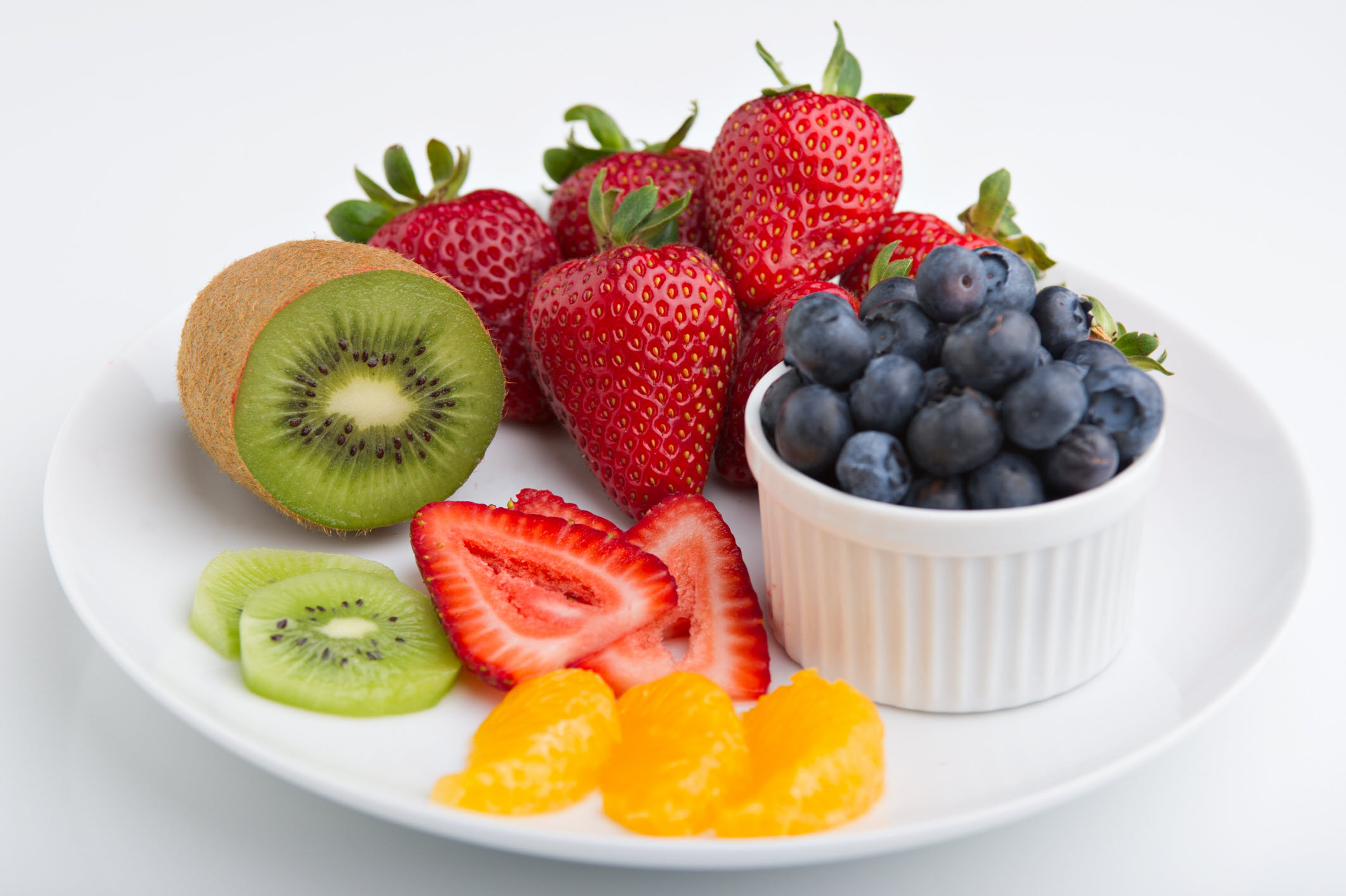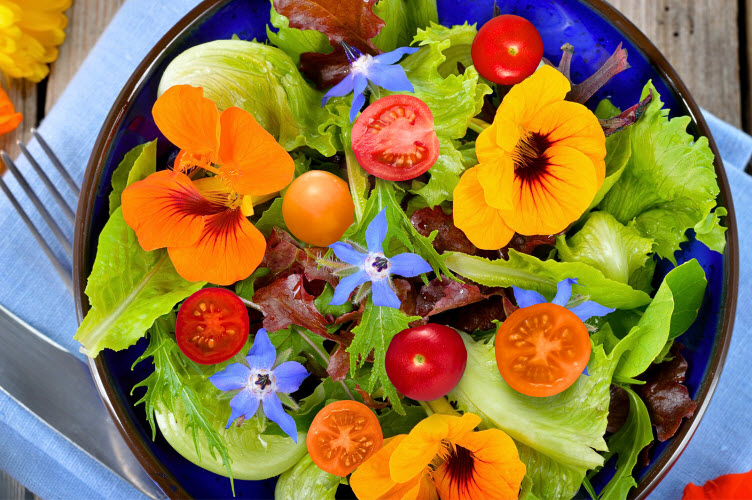Stress levels are at an all-time high. Power outages, fear-inducing news and politics, workload, winter exams, deadlines, work-life imbalance, financial strain, are just some of the stress triggers. The first herald of an overwhelmed brain, heart and immune system are often the physical symptoms of colds, flu, fever blisters high, blood pressure and gut health imbalances. Time to listen to the body, support your own overworked immune system and take a rest, relaxation, recovery break even for a few days.
Colds, flu and food as medicine
The symptoms of the common cold are caused by more than 200 different rhinoviruses (rhino = nose). The development of a vaccine for the common cold isn’t practical, incl. Covid vaccines. To minimise the spread of colds and flu, people should try to keep their defences up and their exposure down.
Prevention is the best cure
The best way to break the chain of infection is by frequent hand washing and not touching the nose, eyes or mouth. The inner, mucous lining of the respiratory tract is the body’s first line of defence against cold and flu viruses. Drink lots of fluids, prevent air from drying out by using humidifiers, eat nourishing, nutritious and freshly-made soup and stews, using broth and colourful vegetables. Top this up by a comprehensive, natural antioxidant containing vitamin A, B-complex, C, E; minerals zinc, selenium and bioflavonoid (colour pigment in fruit and vegetables) supplement to protect these delicate membranes.
To minimise the spread of upper respiratory viral infection, avoid close contact and prolonged exposure to people with colds. Always sneeze or cough into a facial tissue and immediately throw it away. Clean surfaces with a virus-killing disinfectant. Wearing buffs and face masks when you have a cold, is a very considerate thing to do.
Improve and maintain the optimal functioning of your immune system.
Increase your intake of the antioxidants as above. Eat plenty of fresh fruit and vegetables, drink freshly squeezed orange juice every day and take an antioxidant natural food supplement combination throughout winter. Make smoothies with nuts, seeds, fruit, vegetables that are ripe and easily available during winter, because they contain many nutrients especially effective as winter support.
Control your stress levels with daily relaxation techniques, do regular moderate exercise (strenuous exercise exhausts your immune system) and listen to your body by taking a break when you’re feeling under the weather.
Herbs like echinacea, pelargonium, fungi such as lion’s mane, garlic, chickweed, liquorice root and golden seal are excellent immune system boosters, effective against viruses. Ashwagandha and ginseng improve general immunity and act as adaptogens, to support the adrenal glands during stressful times.
Avoid crowded, dry, smoky, overheated places
Your environment can increase your chances for getting colds or flu, so beware.
Turn off the air conditioners and heaters to allow the air to humidify. Dry air and smoke irritate your mucous membranes and this may lead to catarrh (runny nose, phlegm becoming yellow or green). Catarrh is also a way the body uses to clear stressful emotions that might have accumulated over a period of time.
Many of us get a feeling of impending doom as winter approaches, especially after the Covid pandemic. The reason: Cold and flu season associated with stuffy noses, fever, aches and pains – renegade inflammation.
Colds usually begin slowly, two to three days after infection with the virus. The first symptoms are mostly a scratchy, sore throat, followed by sneezing and a runny nose. Temperature is usually normal or only slightly elevated. A mild cough can develop several days later.
Symptoms tend to be worse in older people, infants and young children, who sometimes have temperatures of up to 390C. Cold symptoms usually last from two days to a week.
Signs of the flu include sudden onset headache, dry cough and chills. The symptoms quickly become more severe than those of a cold. The flu sufferer often experiences extreme exhaustion, with muscle aches in the back and legs. Fever of up to 400C is common. The fever typically begins to subside on the second or third day and then respiratory symptoms like nasal congestion and sore throat appear. Fatigue and weakness may continue for days or even weeks.
The symptoms of cold and flu are mostly effects of the body’s efforts to get rid of the viruses and infection.
Cold and flu-like symptoms can sometimes mimic more serious illnesses like streptococcal infection of the throat, measles and chickenpox. Allergies can also resemble colds with runny noses, sneezing, and generally feeling miserable.
Younger children are more prone to colds and flu, because of their lack of acquired immune resistance to infection and the close contacts with other kids in schools and day care. Women’s closer contact with children may also explain the greater prevalence of colds in women than in men. Natural remedies and precautionary measures will make a huge difference in quality of life for everybody.
Most colds strike in autumn and winter. Contrary to what many people believe, the increased incidence of colds during this time is actually not due to the cold weather as such. Why then do more people get colds and flu during the winter months? Probably because of more time spent indoors in cold weather, increasing the opportunity for viruses to spread among people. The warm, dry air inside helps viruses to thrive and also dries the lining of the nasal passages, making them more susceptible to infection. People also tend to eat less salads and fruit and more comfort, less nutritious starchy food, with a resulting decline in intake of antioxidants and other immune-boosting phytonutrients (phyto = plant).

There are many natural remedies you can use to treat a cold and flu. Here are some well-known, proven and trusted ones to try:
First do no harm: Stay in bed for a few days. You will recover a lot sooner. Listen to your body and rest a while. Your immune system is exhausted, too tired to fight the foreign invaders, all because of your hectic lifestyle. So take a break and relax.
Don’t exercise while you’re sick and during the recovery phase – it might strain your heart and lungs. Your body is fighting a viral war, so help it!
Drink lots of fluids, drink filtered water, fresh fruit and vegetable juice or soup.
Put some eucalyptus or peppermint oil in boiling water in a bowl, put a towel over your head and inhale the steam. This will loosen the phlegm, hydrate the mucosal lining of the airways, while disinfecting the environment. Other aromatherapy oils to try are lavender, grapefruit, rosemary and tea tree oil. (Put a few drops in a burner, or in the bath, or use in a carrier oil for a soothing back and shoulder massage.)
Increase your intake of antioxidant food supplements.
Use medicinal herbs. Herbs like garlic, echinacea and golden seal act as natural ‘antibiotics’ – active against viruses, bacteria and even pathogenic fungi. They are also decongestants that dry the mucosal lining in a gentle way. They do not have side effects. They actually support the immune system.
Other herbs used in the natural treatment of cold and flu are astragalus, lime blossom, sage, elder flower, thyme and liquorice root. Most of these herbs help to reduce mucous, help the mucosal lining to recover more quickly after infection and are also effective against viruses, bacteria, fungi and parasites. Most of them also strengthen the immune system. Garlic and mustard both have a high content of the amino acid N-acetyl-cysteine that makes them very effective in reducing mucous in colds and flu. Turmeric contains curcumin, which has a strong antiviral and anti-inflammatory effect.
Wild cherry bark is often used to treat an irritating, persistent cough that keeps you awake at night. It is also good for people who suffer from chronic bronchitis and for whooping cough. One of its ingredients is prunacin, a light cough suppressant and antispasmodic.
Pineapple extract (containing the enzyme bromelain) is a potent anti-inflammatory with mucolytic (to break down mucous) and antibacterial properties. It also improves the efficacy of prescription antibiotics and reduces the infection of the sinuses and bronchial tubes.
Quercetin, one of the bioflavonoids, accelerates the recovery of the mucosa after infection. It also has an anti-inflammatory, antihistamine, decongestant and antiviral effect.
Feverfew (Chrysanthemum parthenium) has been used for thousands of years as a fever-reducing substance and painkiller. It also helps for migraine and muscle spasm. People who are taking anticoagulants such as warfarin and aspirin should be careful when using feverfew and come off it gradually to avoid rebound blood clotting.
Try zinc lozenges to soothe a sore throat and zinc nasal spray for a runny nose. Make tea with fresh or dried sage leaves simmered in boiling water, with a teaspoon of honey, for a sore throat. You can also gargle with sage tea.
Take additional calcium in a food form or in an amino acid chelation while you’re sick. Calcium helps blood vessels to dilate, thereby preventing the cold extremities associated with colds and flu. It also relieves allergy symptoms.
Sinusitis: Thick, yellow or green mucous, pain over sinuses, severe post-nasal drip
Bronchitis/chest infection: Lumpy yellow or green discharge, may have tight feeling when breathing.
Don’t use antibiotics at the first sign of a cold
If you take antibiotics for every respiratory tract infection or problem, you will soon end up with a vicious circle of lowered resistance and re-infection. Upper respiratory tract infections are often a sign that you’re overdoing things. Don’t insist on antibiotics and antihistamines. Rather take a few days’ leave and give your body a chance to recover. Keep the antibiotics for serious, persistent and life-threatening bacterial infections and they will be much more effective. Remember that 95 per cent of upper respiratory tract infections are caused by viruses, against which traditional antibiotics are ineffective. Only two to five per cent of colds develop into secondary bacterial infections. Don’t take antibiotics too soon. Even the most severe bacterial infections can be cured without antibiotics by using immune-boosting food, topped up by suitable supplements that include medicinal herbs.
Antibiotic abuse has become a very serious problem, leading to increasing resistance in disease- causing bacteria that may render antibiotics ineffective for certain life threatening conditions in immune compromised patients (Aids, after surgery, organ transplant patients, patients on chemo- or radiotherapy). Your abuse of antibiotics has an effect on the whole community!
These guidelines should not be seen as an attempt to replace medical advice. If natural remedies and supplements do not improve the condition within three days, if you are worried about anything, or if the condition gets worse and develops into sinusitis or bronchitis, consult your doctor at once. An acute asthma attack, croup and pneumonia (infection of the lungs) are apposite examples of diseases where western medicine and technology can be utilised to save lives.
Winter warmer hot toddy
Support your immune system to prevent winter infections and for symptom support for fever, colds, sinus drip and sore muscles: Add a pinch or a teaspoon each of dry or fresh cinnamon, turmeric and ginger to a small glass, adding hot water (or warm coconut milk) and enjoy, adding a little raw honey to taste. Even add a tot of medicinal brandy, whisky, or prepare a health enhancing glühwein and enjoy in front of a heart-warming fire.
There is much you can do to support your immune health. Use food as medicine and become centred, calm, breathing deeply and relax fully for a few minutes every day throughout winter and afterwards.



